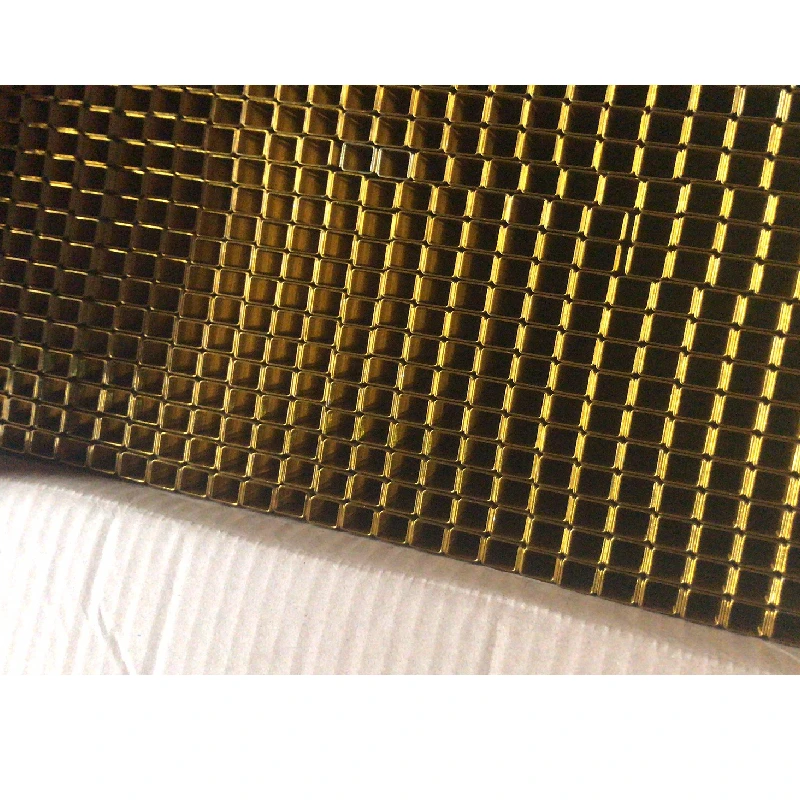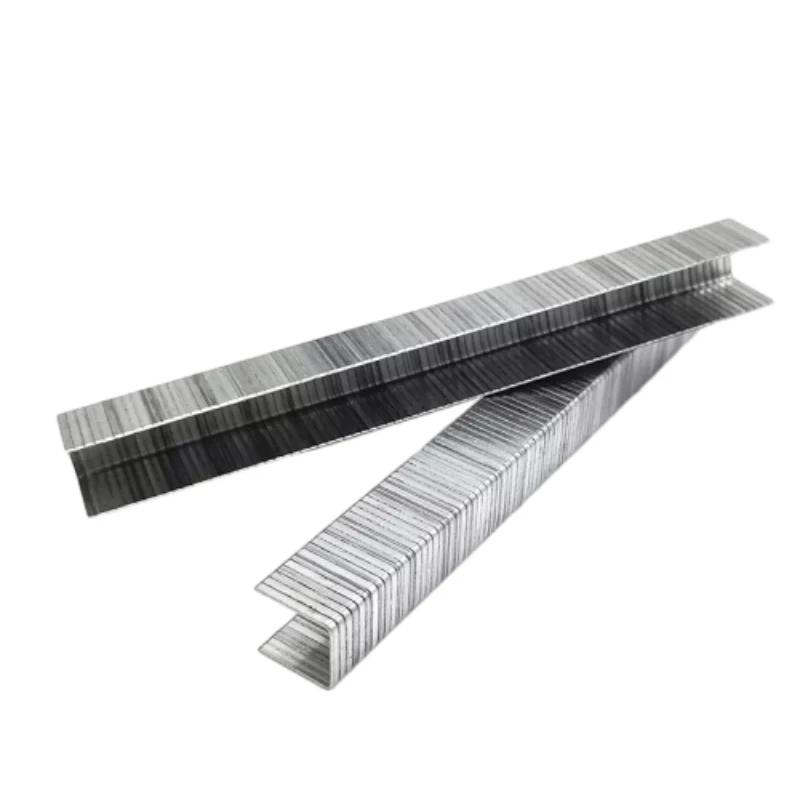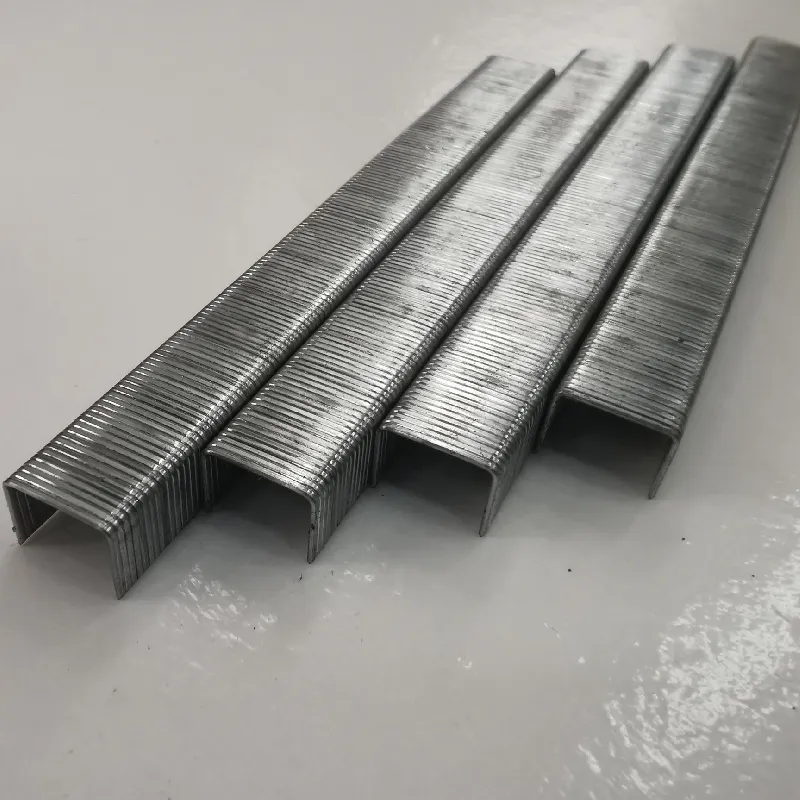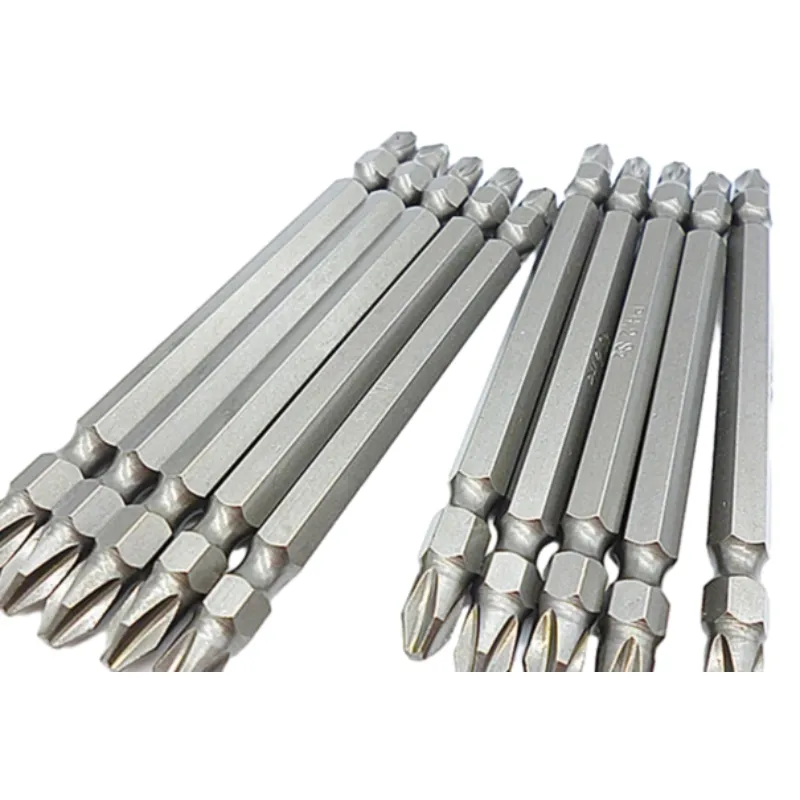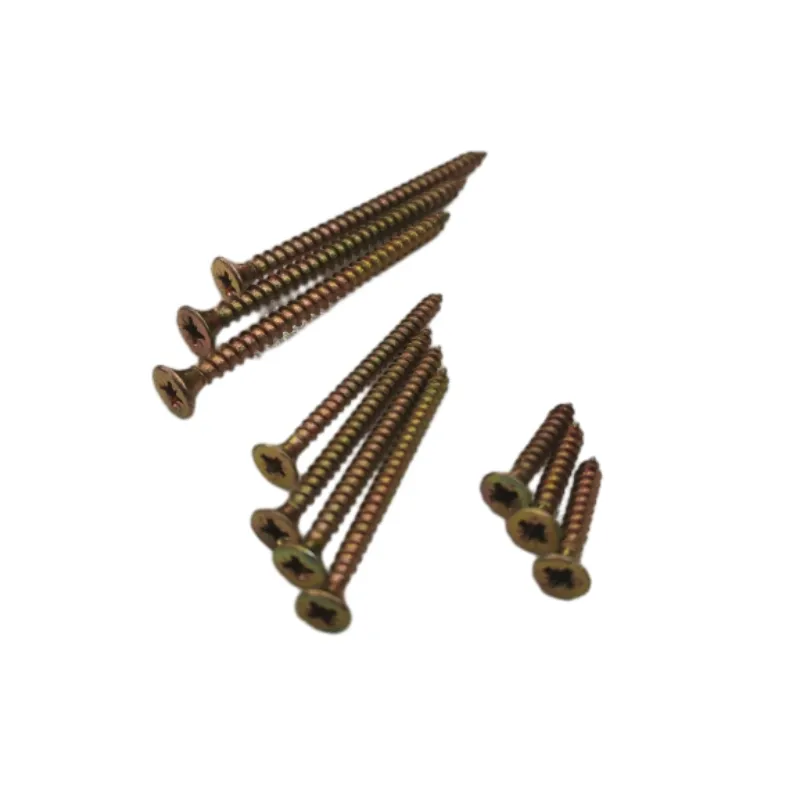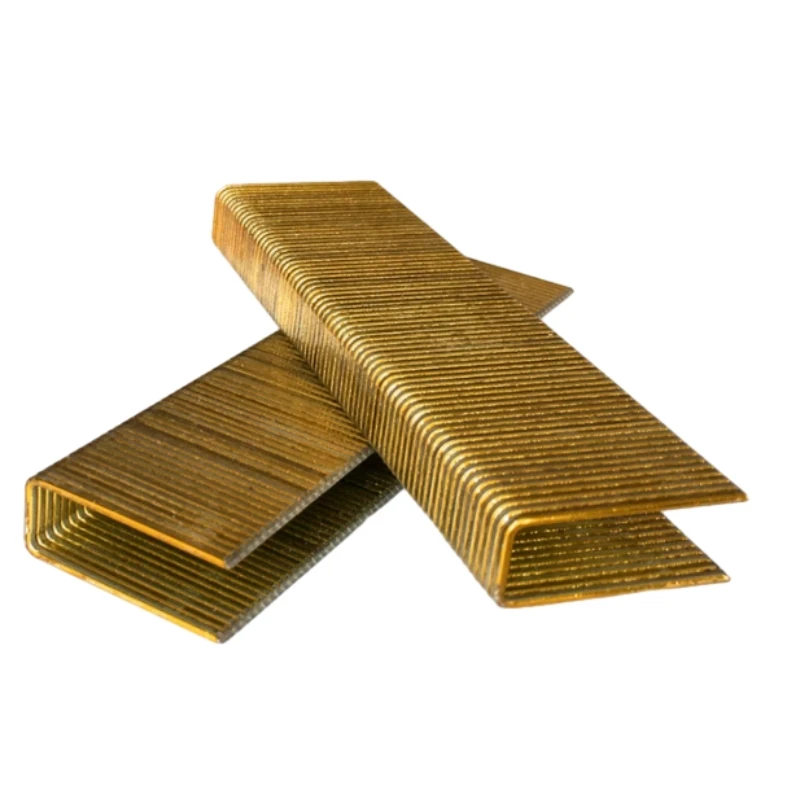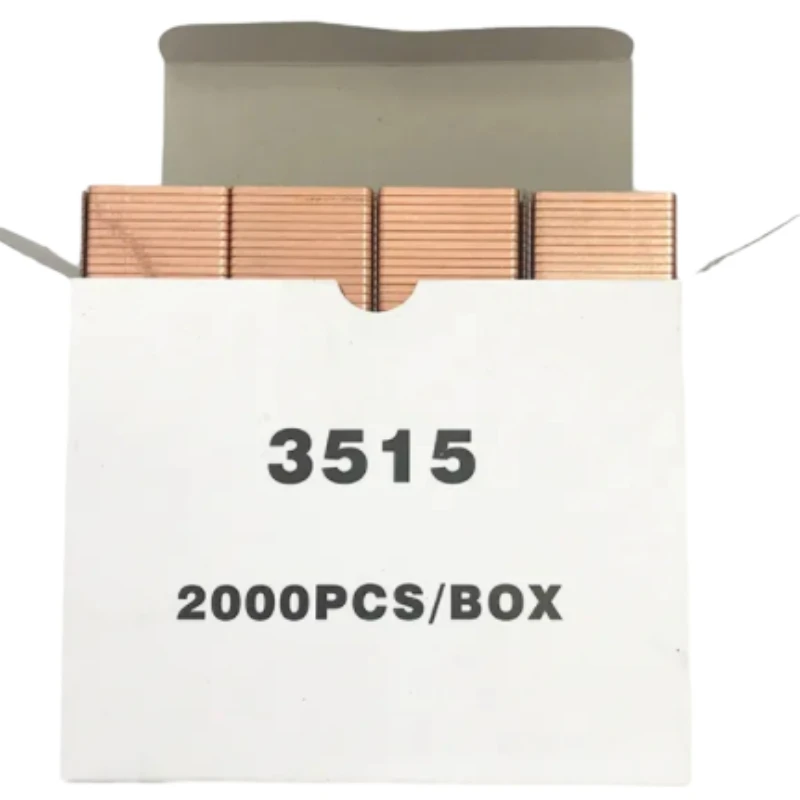Têla Metalî
There are various metal wire types available to suit specific needs across industries such as construction, electronics, automotive, and manufacturing. Common metal wire variants include aluminum wire, copper wire, steel wire, nickel wire, and stainless steel wire. Each has unique properties—aluminum wire, for example, is lightweight, corrosion-resistant, and commonly used in overhead power lines and electronics. Among aluminum grades, 5052 aluminum wire is notable for its strength and high resistance to saltwater corrosion, making it ideal for marine and aerospace use.
Another widely used type is steel wire, valued for its tensile strength and used in applications ranging from suspension bridges to reinforcement cables. Metal string is a subset of thin wire, often seen in musical instruments or artistic wireworks. Meanwhile, MC wire (Metal Clad cable) is a type of armored cable, especially popular in commercial and industrial electrical systems. 12 2 metal clad wire and 12 3 MC wire indicate the gauge and conductor number, where the first number represents the wire gauge and the second the number of conductors.
Each metal wire type has its strengths and is chosen based on factors like conductivity, tensile strength, resistance to corrosion, flexibility, and cost. When selecting metal wire, it's crucial to match the physical and electrical requirements of the project to the wire’s characteristics. Whether you're looking for 4 0 aluminum wire for sale or versatile metal wire for crafting or construction, knowing the right type ensures safety, efficiency, and durability.
-
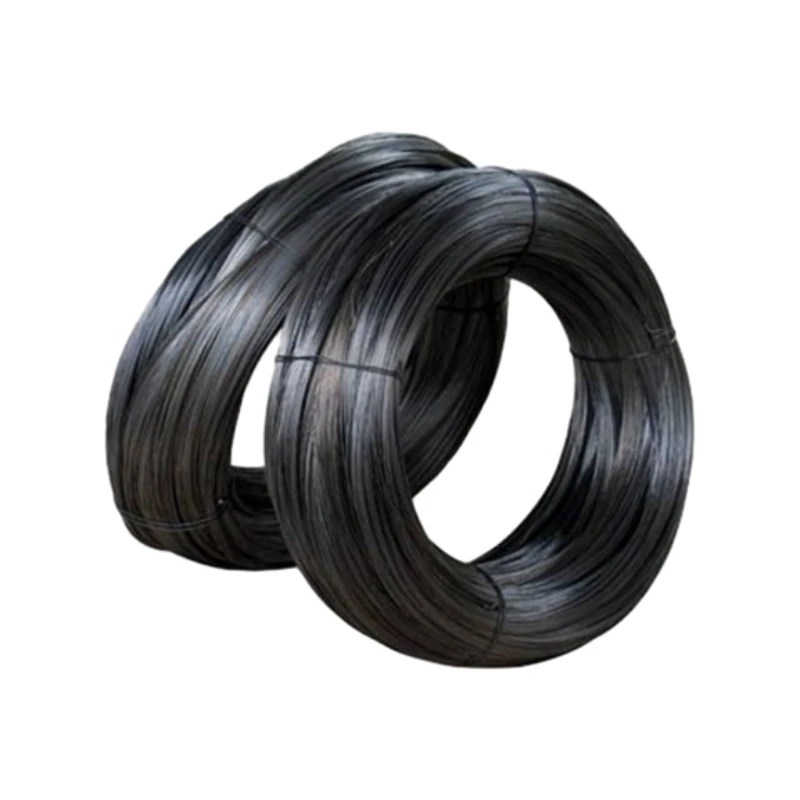
-

Têla Galvanîzekirî, Kargeha Têla Gi ya Kalîteya Baş, Têla Gi ku ji bo Destgirê Qozikê tê bikar anîn
-
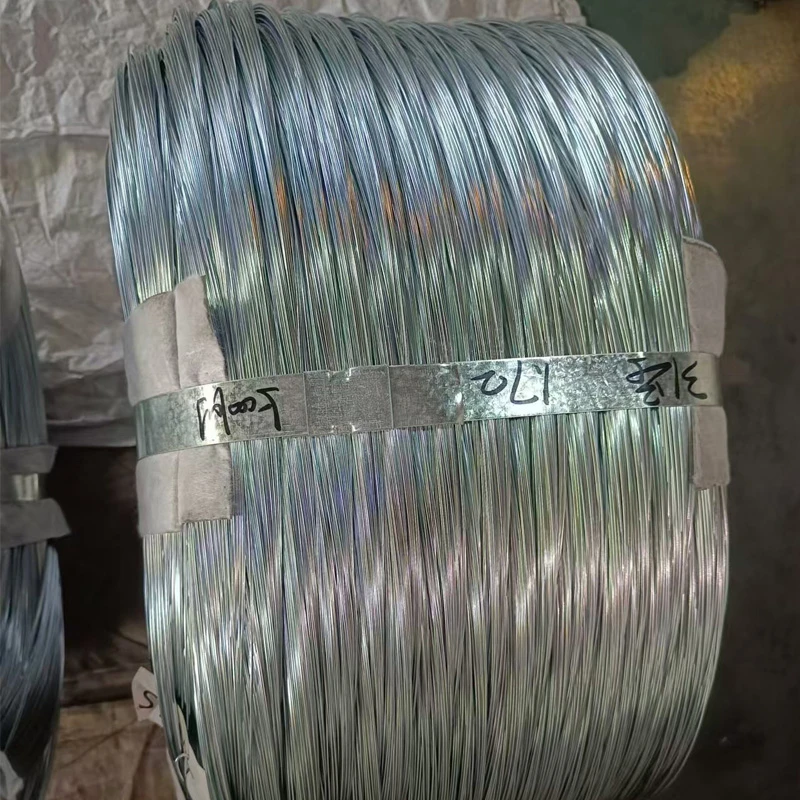
-
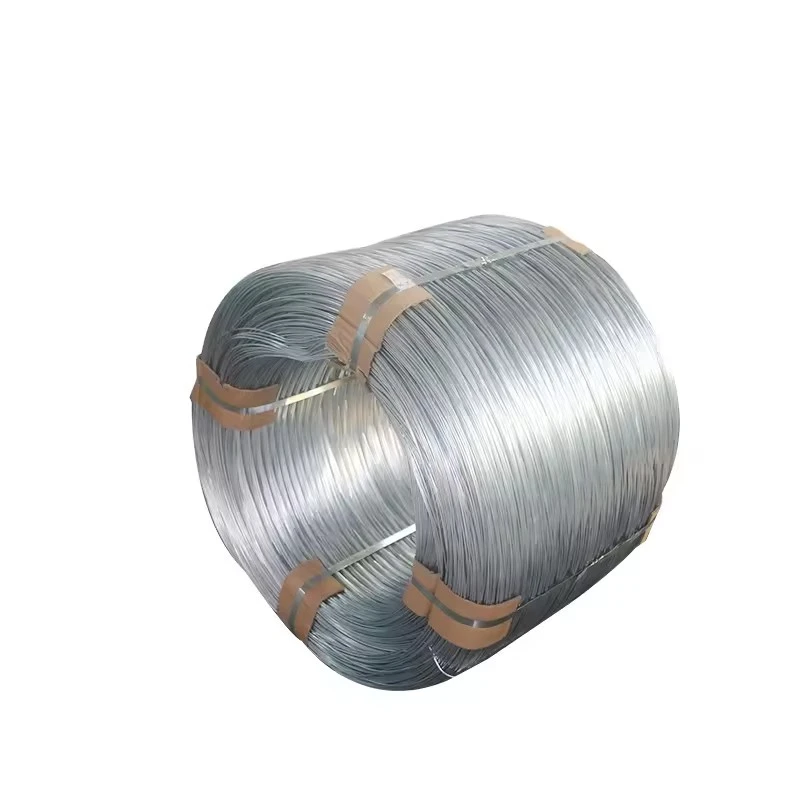
Têla Staple, Têla galvanîzekirî ji bo Pînên Staple, kargeh ji bo Têla Staple
What Should You Know Before Buying 4 0 Aluminum Wire For Sale?
If you're in the market for 4 0 aluminum wire for sale, understanding its applications and characteristics is key to making an informed decision. This specific wire size, also known as 4/0 AWG, is a heavy-duty conductor used primarily for high-power transmission. It's commonly found in residential service entrance conductors, subpanel feeders, and large battery banks. The size and strength of 4 0 aluminum wire make it ideal for long-distance power distribution where weight and cost matter.
Compared to copper, aluminum wire is significantly lighter and more affordable, making it a popular choice for budget-conscious electrical installations. However, aluminum requires special connectors and anti-oxidant paste to ensure a stable and corrosion-free connection, especially in high-moisture environments.
This wire is often used with MC (Metal Clad) conduit in commercial environments, similar to 12 2 metal clad wire or 12 3 MC wire, but on a much larger scale. Buyers should also ensure the wire complies with local electrical codes and UL standards. Furthermore, 5052 aluminum wire, while used more for structural and marine applications, may also be present in specific high-strength electrical setups.
Always consider current rating, insulation type, and environmental resistance when purchasing 4 0 aluminum wire for sale. Consulting with a certified electrician or distributor ensures the wire meets your technical and safety needs.
How Does MC Wire Compare To Other Electrical Wire Types?
MC wire, or Metal Clad cable, stands out due to its rugged build and versatility in industrial and commercial wiring applications. It consists of insulated conductors encased in a continuous metal sheath—typically aluminum or steel—offering enhanced protection against physical damage, electromagnetic interference, and environmental hazards. Unlike traditional non-metallic sheathed cables, MC wire doesn't require conduit in many installations, which can significantly reduce labor and material costs.
Common variants like 12 2 metal clad wire (with two conductors and a ground) and 12 3 MC wire (with three conductors and a ground) are frequently used in lighting circuits, power distribution, and HVAC systems. These wires are flexible, fire-resistant, and approved for both exposed and concealed installations. They are particularly well-suited for high-traffic or high-risk areas, such as factories and commercial buildings.
While MC wire shares some similarities with armored cable (AC), it features different grounding techniques and jacket types. MC cables often use green insulated ground wires, while AC cables utilize bonding strips. Additionally, metal wire types like 5052 aluminum wire or copper wire may be the conductor within an MC cable, depending on the required electrical performance.
Because MC wire meets strict safety and code compliance standards, it’s a preferred choice among contractors and engineers. Understanding the type and rating of metal wire inside helps ensure you choose the right MC cable for your project.
What Is The Difference Between Têla Metalî And Metal String, And When Should You Use Each?
Though they might sound interchangeable, metal wire and metal string serve different purposes depending on their structural and functional properties. Metal wire is a versatile material used across numerous industries, from electronics to construction. It comes in a variety of gauges, materials (like 5052 aluminum wire, copper, or stainless steel), and formats such as spools, coils, or rods. Its applications range from electrical conductors, fencing, suspension cables, to structural reinforcements.
On the other hand, metal string typically refers to finer, more flexible strands used in artistic, musical, or decorative contexts. Think guitar strings, beading wire, or thin wire used in floral arrangements. While it still provides tensile strength, metal string prioritizes flexibility, aesthetic, and pliability over heavy load-bearing capabilities.
If you're choosing between the two, consider both the function and the physical demands of your project. For example, wiring a residential circuit might require 12 2 metal clad wire or 12 3 MC wire, while creating a hanging sculpture could be better suited to metal string. For heavy-duty electrical distribution, especially where high current is involved, 4 0 aluminum wire for sale would be the right pick.
Understanding the subtle but important differences between metal wire and metal string ensures the success, safety, and longevity of your application. Each has its strengths, and selecting the correct type based on intended use is crucial in both technical and creative industries.














































































































